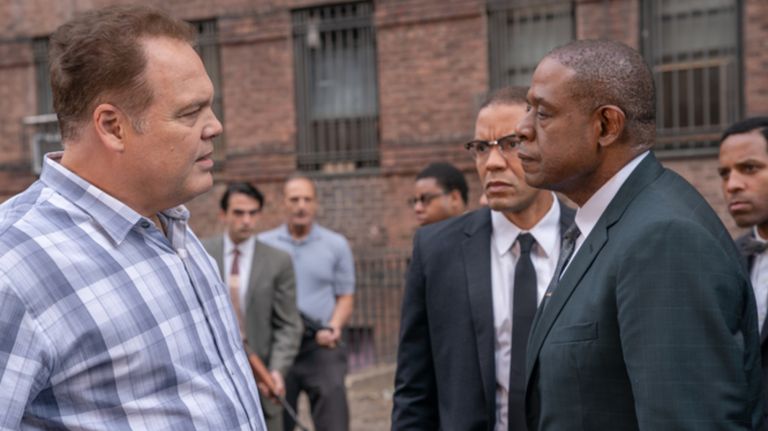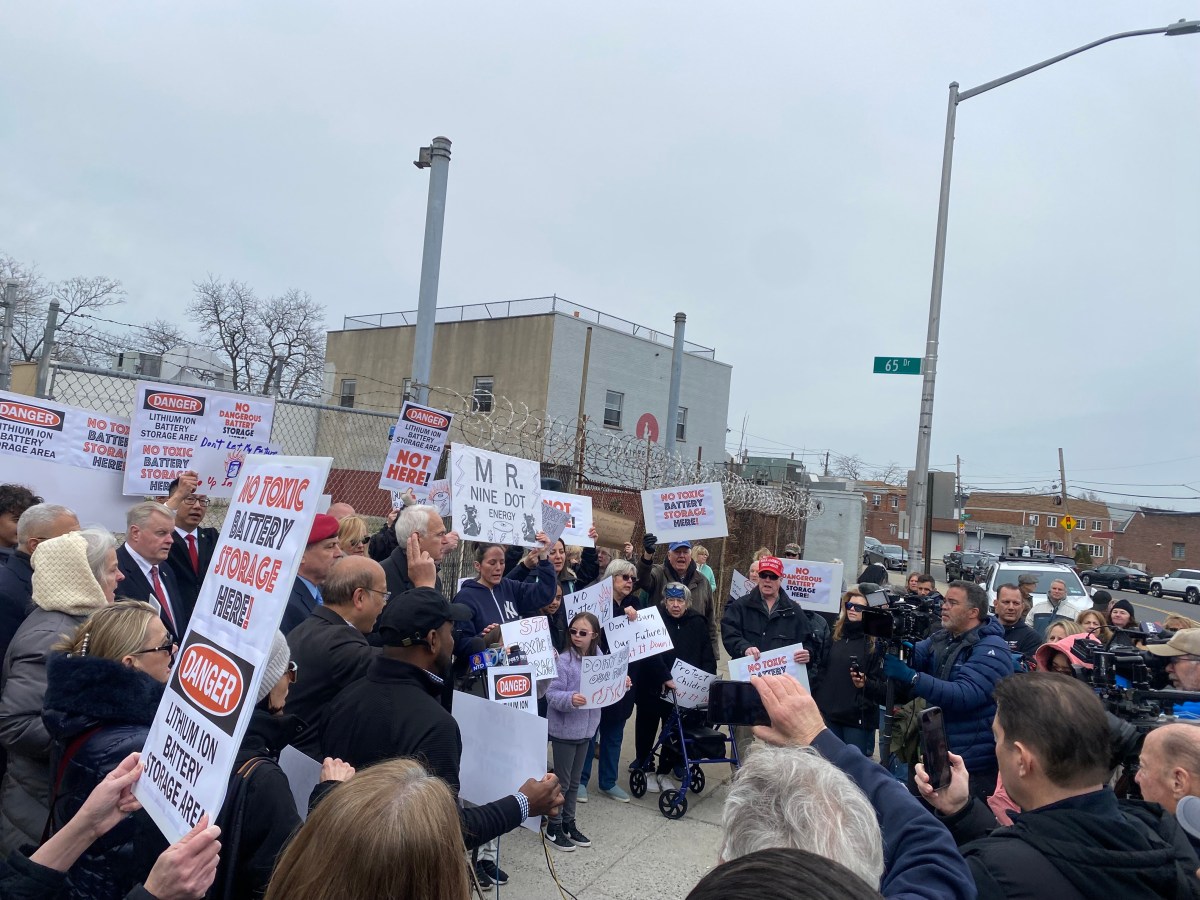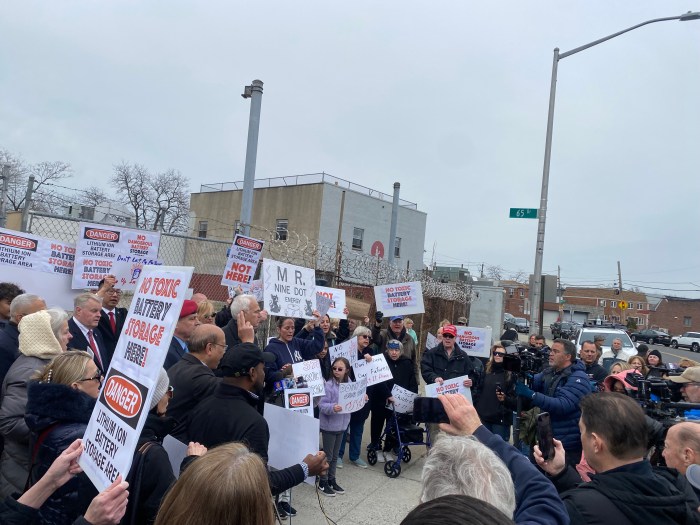
In the months before becoming Bumpy Johnson in “Godfather of Harlem,” executive producer and star Forest Whitaker walked the streets the infamous mob boss once ruled.
“I went into houses and apartments to hang out and talk to the guys that once worked with him, his bodyguards,” Whitaker says, referring to them by the nicknames “Chism” and “June Bug.”
In the NYC-set Epix period drama, premiering Sunday, the Oscar winner blurs the line between himself and Johnson, embodying the crime leader’s larger-than-life persona and mastering his speech pattern.
“Because I started in the inception with the idea of doing this project, I started by doing research and studying him,” Whitaker says, adding that he looked to several different historical resources.

“June Bug,” Bumpy’s former bodyguard, shared tales of the late mob boss’ prowess. “He told me stories that were really important for me about Bumpy.” Whitaker even turned to James Small — a historian and former CUNY professor who studied Bumpy’s confidant Malcolm X — for pointers about 1960s New York City.
In the series, Whitaker becomes one of the city’s most infamous crime bosses. Bumpy, born Ellsworth Raymond Johnson, controlled the streets of Harlem between 1930 and 1968.
“He was a businessman, family man, poet, strategist, chess player, the Godfather of Harlem,” Whitaker says.
In 10 episodes, the series brings viewers back to the ’60s, when Bumpy returned to the neighborhood after serving 11 years in Alcatraz on narcotics-related charges. Upon his release, he finds locals have turned to the Genovese crime family to fill Harlem’s drug-trade void. Drama — and violence, naturally — ensues when Bumpy teams up with human rights activist Malcolm X to regain control and re-establish his street cred, while simultaneously detoxing a Heroin-addicted, racism-stricken Harlem.
“People who watch the show, they’ll find it’ll feel very current, very contemporary,” Whitaker explains. “We’re dealing with an opioid crisis … the whole issue of polarization in the nation itself, I mean we see that in the show.”
His co-star Nigél Thatch appears as Malcolm X, a role he previously played in the Oscar-nominated “Selma.” Similarly to Whitaker, Thatch spent an extensive amount of time researching the Muslim minister and watching online videos of his interviews and speeches.
“It was very interesting to step into ‘Godfather of Harlem’ in this time period, 1963, so we can see who he was prior to his pilgrimage to Mecca,” Thatch says.
In “Selma,” he played a Malcolm two years older — one who had already experienced what he called a life-changing epiphany. “The Holy City of Mecca had been the first time I had ever stood before the Creator of All and felt like a complete human being,” Malcolm wrote in his 1965, self-titled autobiography.
Thatch says he visited old video stores to find “any old VHS history,” and even requested copies of FBI files on the radical preacher before portraying him.
“I immersed myself a great deal. So much so, every day I’m at work I’m listening to Malcolm X speeches in my dressing room. I leave the earplugs in my ears from my dressing room right up until the time they say ‘action.’
For Vincent D’Onofrio, who portrays late Italian Mafia boss Vincent “Chin” Gigante, slipping into the persona of a leader of the Genovese crime family came with its challenges — and took an emotional toll.
“I wasn’t really allowed to talk to people because of legalities,” says D’Onofrio (“Daredevil”), who grew up in Brooklyn. He adds the script alone — written by “Narcos” co-creator Chris Brancato and Paul Eckstein — painted Chin in enough detail to help lift him from the page.
Chin “fits in the story and not just in a mobster way. A way that helps tell Bumpy’s story and the story of the civil rights movement.”
As Bumpy’s rival, several of D’Onofrio’s scenes involve bloodshed (if not at his own hands, then at the hands of his soldiers) and deep-rooted racism.
“It’s not easy to spend the day saying the N-word. It’s not easy to be working with such legitimate people and be the racist in the bunch.
He continues: “There were some hard days and some easier days. The toughest days you go home with a knot in your stomach. Because of what’s going on these days, it’s just crazy. But because of how relevant this is, it helped me realize this isn’t just a character. It represents something bigger than that and I had to play it full out.”



































